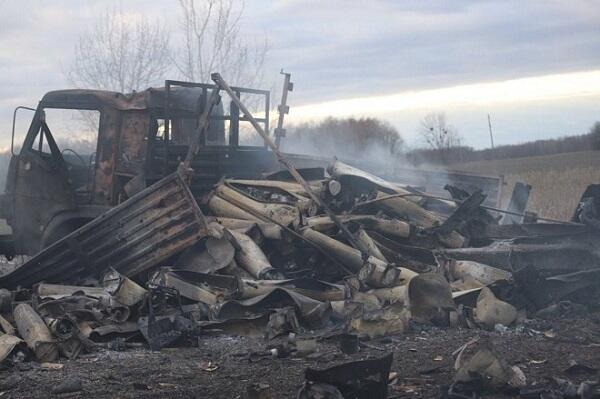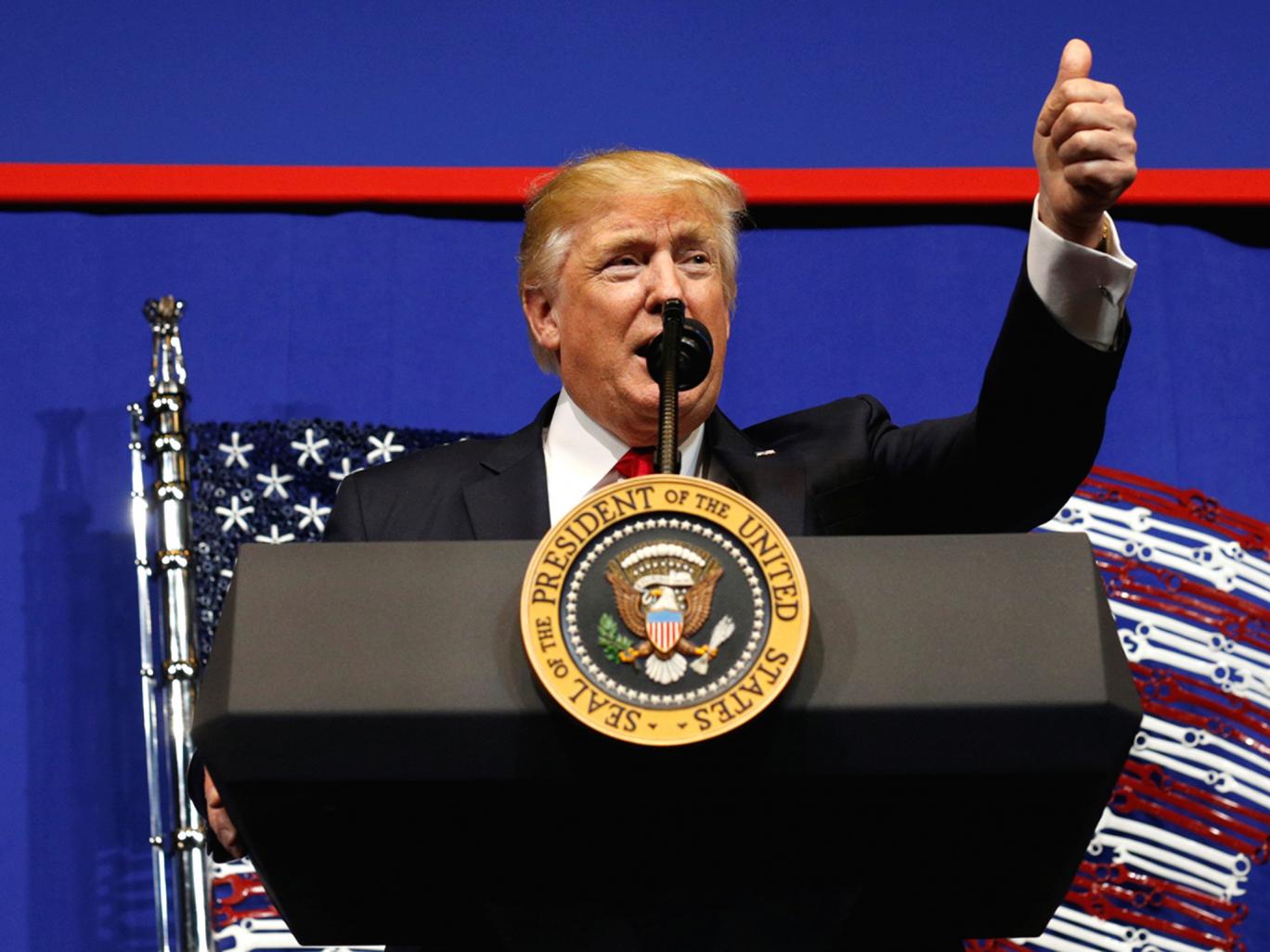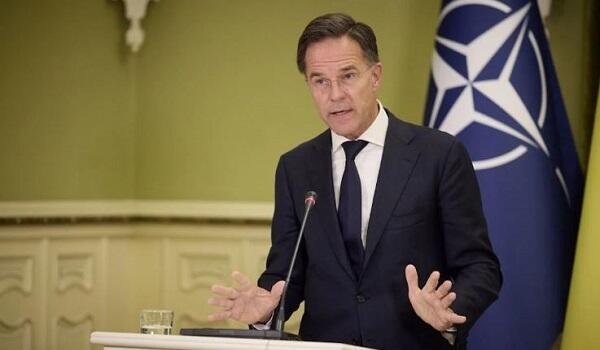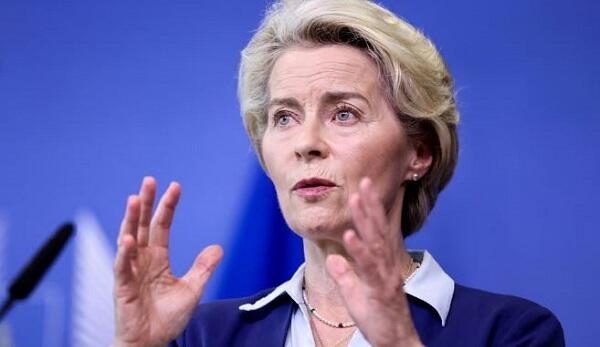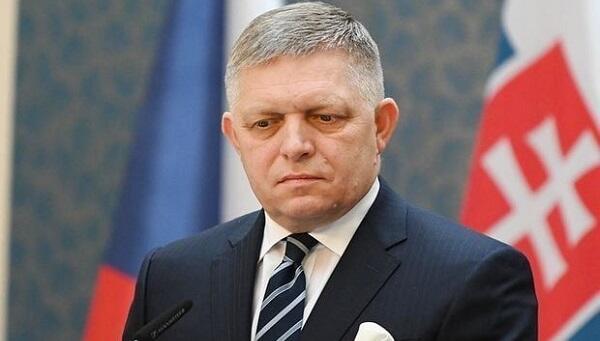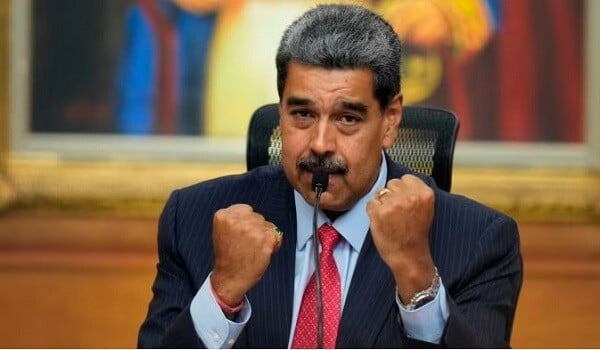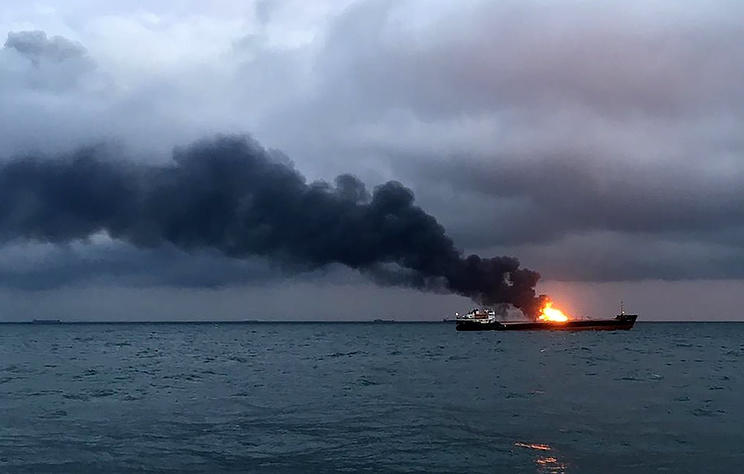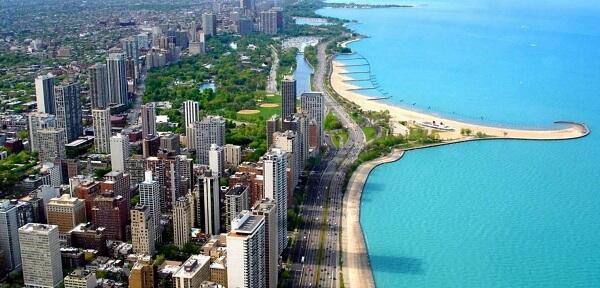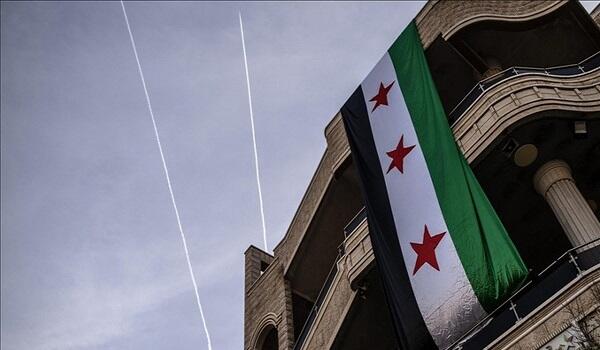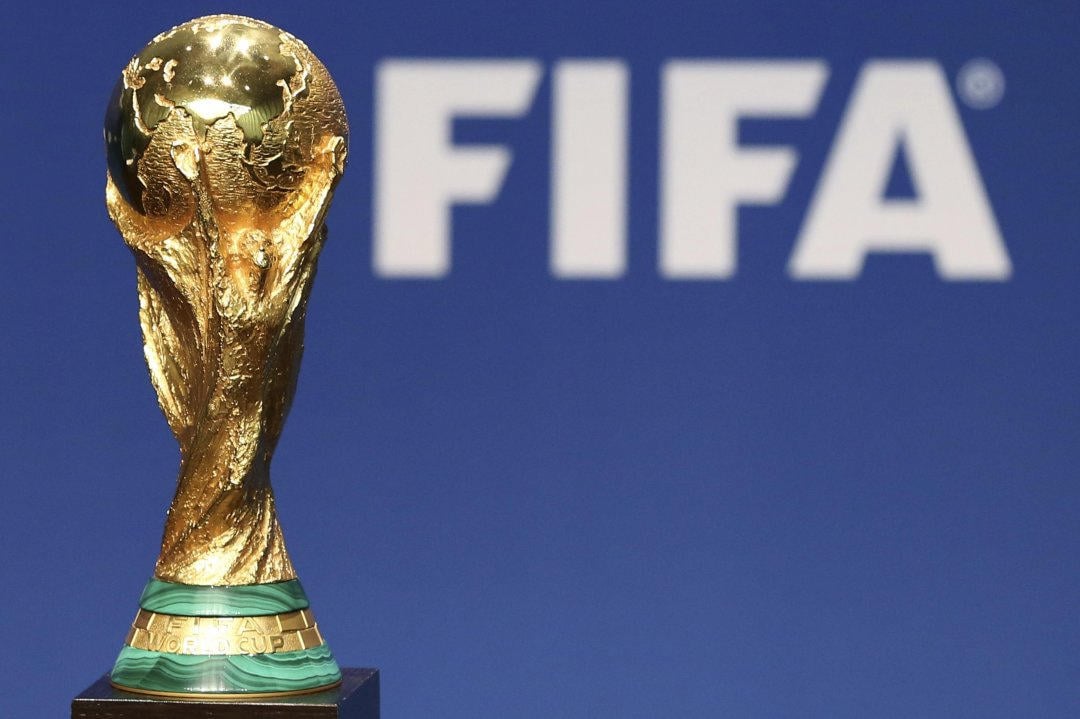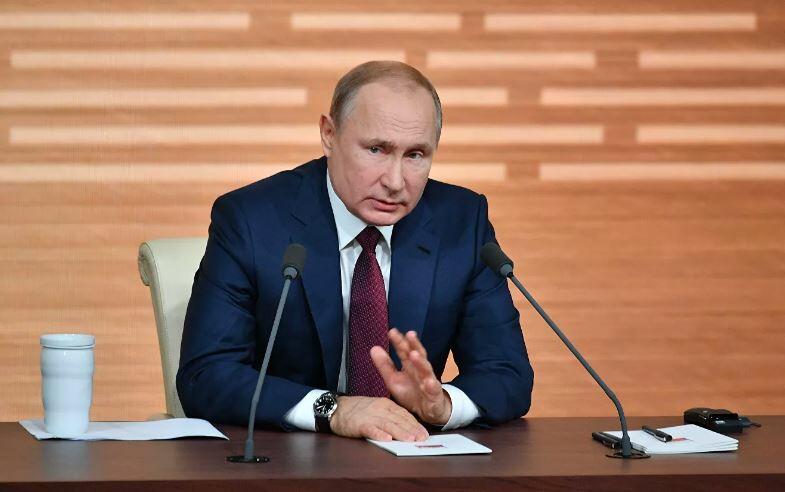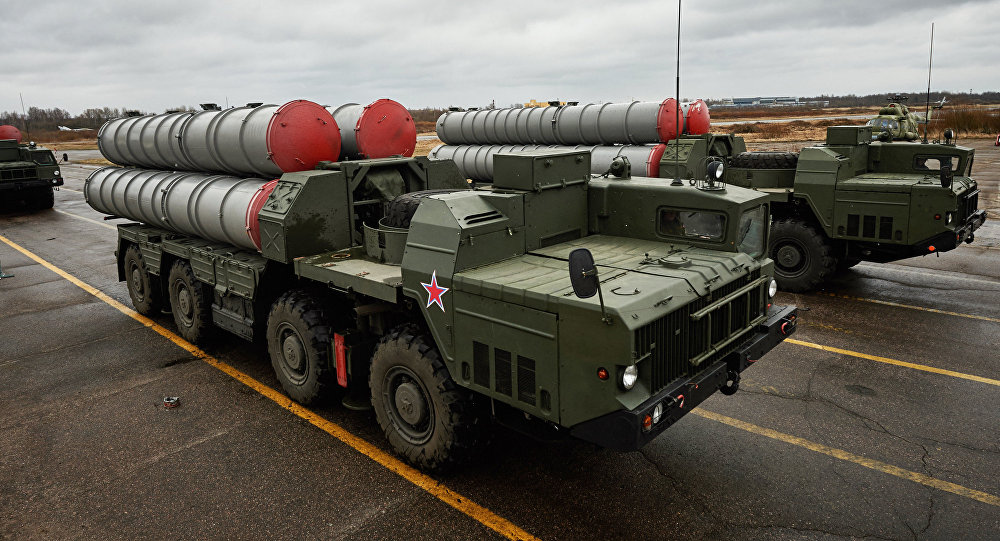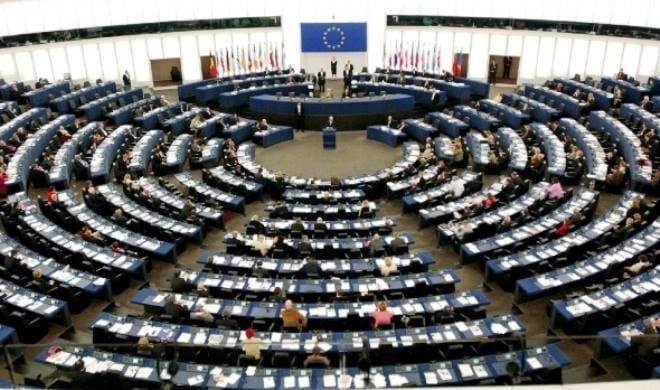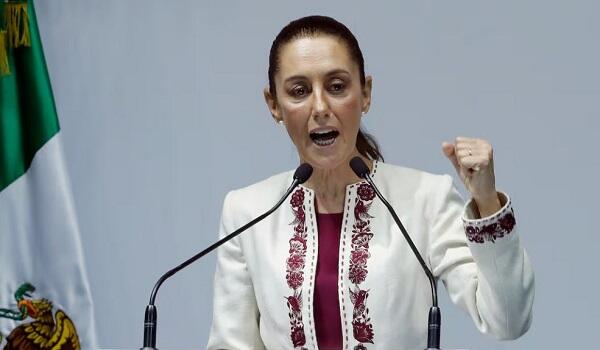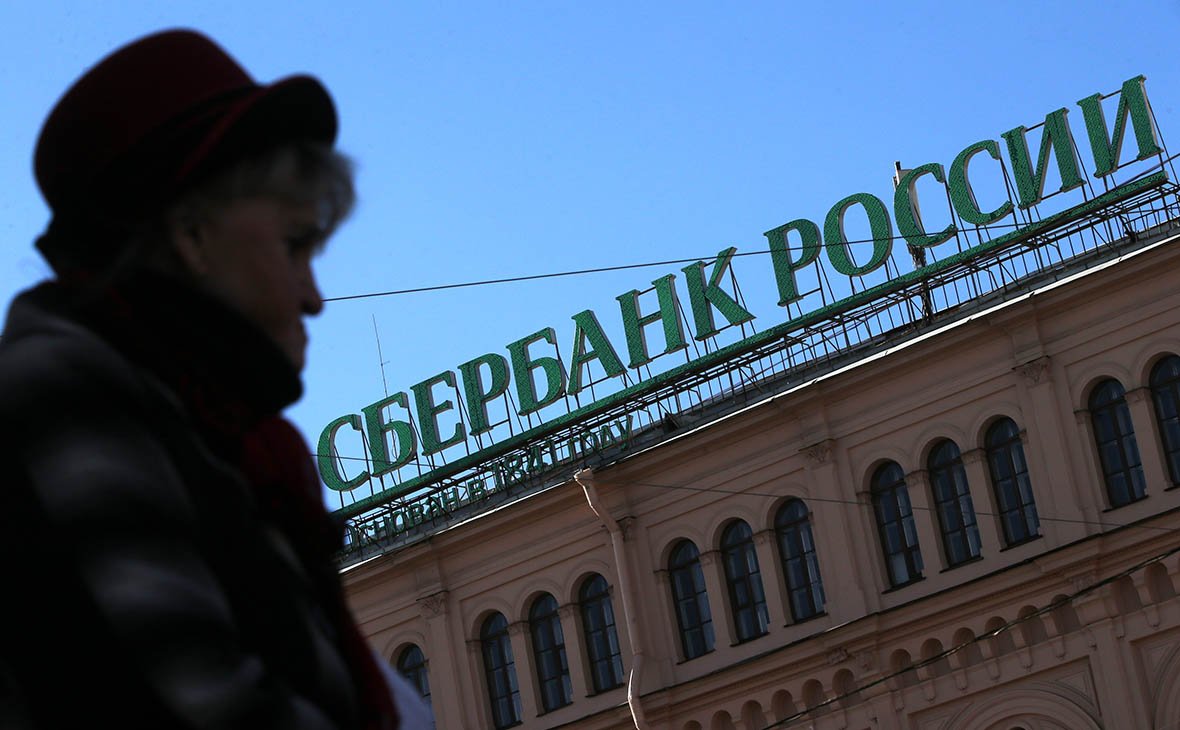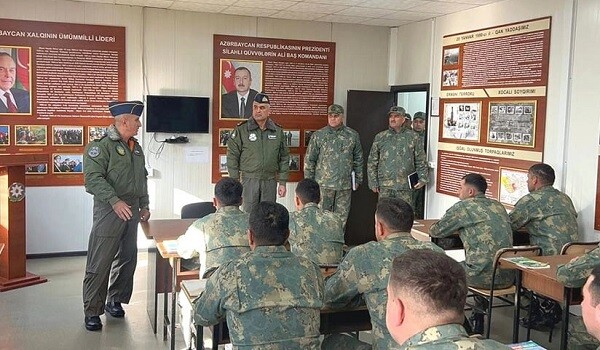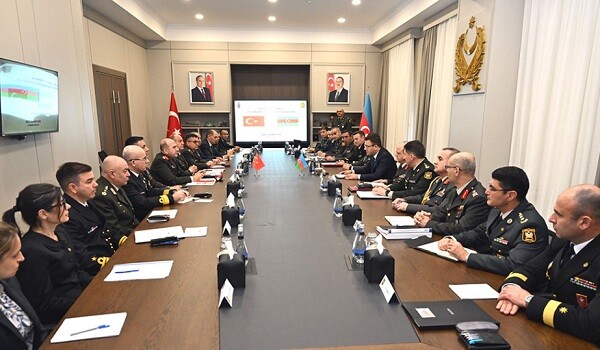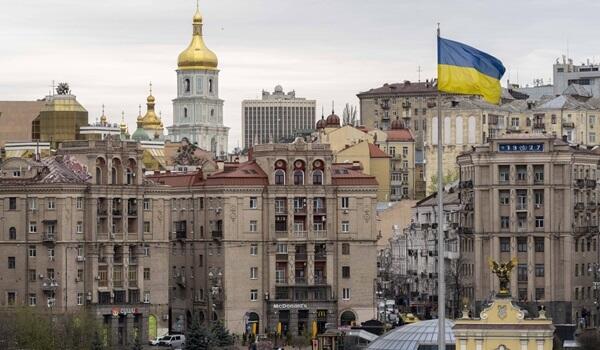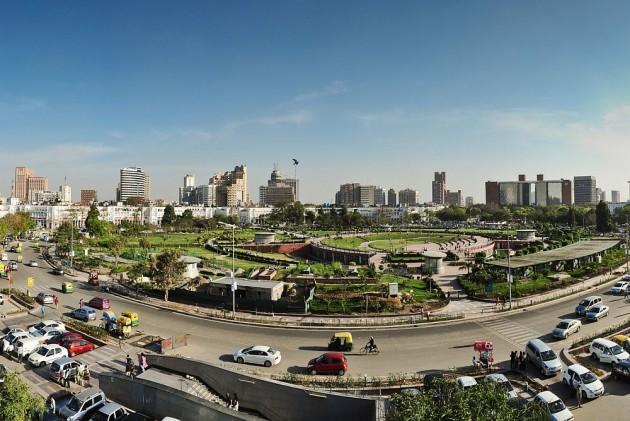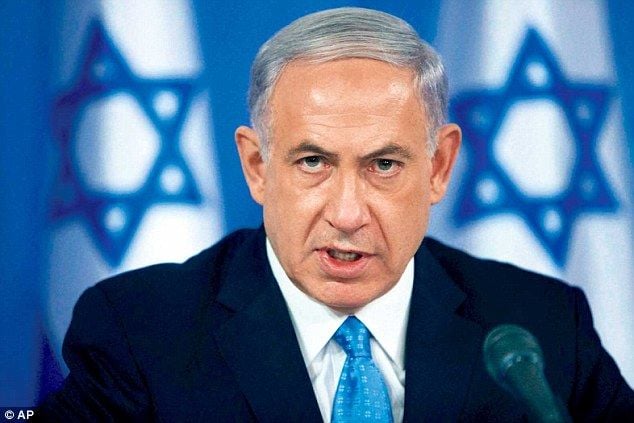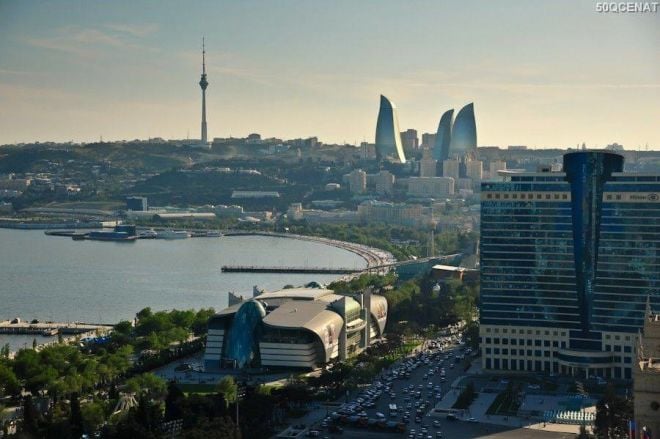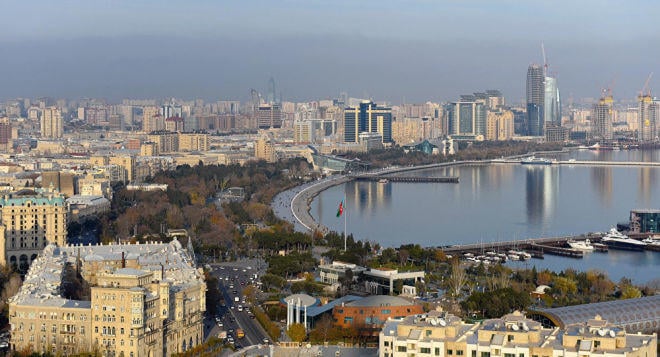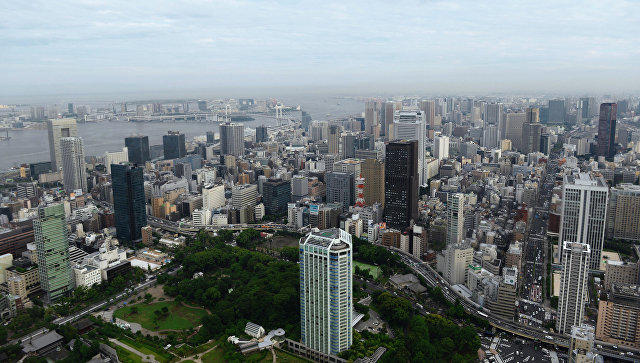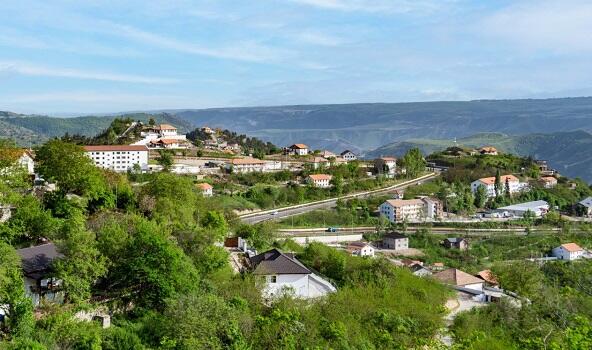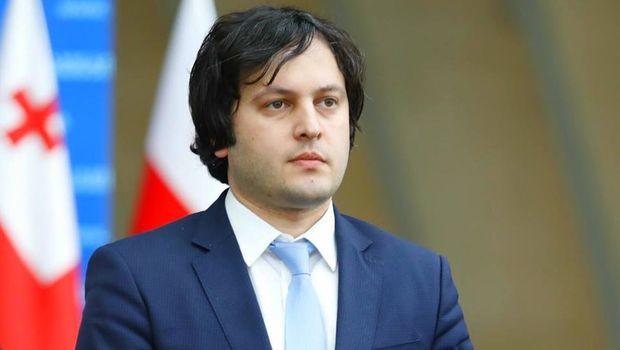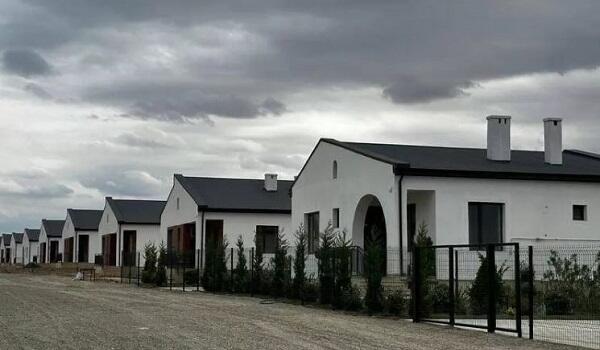The Baku Declaration was adopted at the Global Summit of Religious Leaders held under the slogan "World Religions for a Green Planet" as part of the 29th session of the Conference of the Parties (COP29) to the United Nations Framework Convention on Climate Change.
Axar.az presents the text of the declaration:
"Expressing deep concerns about global climate change, biodiversity loss, desertification, drought, land degradation, forest fires, environmental pollution, food security, and water scarcity, and emphasizing the importance of accelerating joint efforts to address these issues, as well as creating and improving healthy ecosystems;
Commending the "COP28 Interfaith Declaration" signed at the Global Summit of Religious Leaders in Abu Dhabi, United Arab Emirates, in 2023;
Acknowledging the importance of the "Human Fraternity for World Peace and Living Together" document, signed on February 4, 2019, in Abu Dhabi by His Holiness Pope Francis and His Eminence Sheikh Ahmed Al-Tayyeb, Grand Imam of Al-Azhar, for the development of interfaith cooperation;
Expressing gratitude to Azerbaijani President Ilham Aliyev for his patronage of the Global Summit of Religious Leaders at COP29, his special attention to the event, and his deep and meaningful address, and wishing success in the work of COP29;
Emphasizing the importance of strengthening inter-civilizational and interfaith relations, national and cultural values, and knowledge, including the traditions of multiculturalism, in promoting mutual trust, unity, harmony, and climate change awareness;
Commending Azerbaijan's leadership in the fight against the climate crisis and the solution of ecological problems, and welcoming the declaration of 2024 as the "Year of Solidarity for a Green World."
Highlighting the importance of the "Baku Process," initiated by the President of Azerbaijan, and the Global Forum on Intercultural Dialogue aimed at advancing inter-civilizational dialogue, as well as the Baku International Humanitarian Forum, the Summit of World Religious Leaders, the 7th Global Forum of the UN Alliance of Civilizations, and the Baku International Conference on "Interfaith and Intercultural Cooperation";
Also noting the significance of other major religious forums, including the World and Traditional Religions Leaders' Congresses in Astana, the Bahrain Dialogue Forum, the G20 Interfaith Forums, the Global Summit of Religious Leaders held earlier within the COP framework, and the "Saudi Media Forum," while emphasizing their contributions to mutual trust, unity, and harmony;
Emphasizing the necessity for regular interfaith events where representatives of various religions and beliefs—such as Christianity, Islam, Judaism, Hinduism, Buddhism, and others—gather to present a unified stance on issues threatening the modern world;
Expressing deep concern over the fact that armed conflicts, terrorist acts, violence based on religious and ethnic grounds, alongside human casualties, are accompanied by ecological disasters, the plundering and destruction of cultural and religious heritage, acts of ecocide and urbanocide, their grave consequences, and the negative impact of these on the fight against climate change.
Addressing states, international, regional, religious, and civil organizations, as well as religious leaders:
- Actively participate in public discussions dedicated to combating climate change and work to strengthen global support for realizing a greener future.
- Recognize the sanctity of human life and nature, respect values that protect all living beings and the environment, and defend ecological equality and justice.
- Take a more active role in the process of limiting the global temperature rise to 1.5°C in order to address the global climate crisis and preserve nature.
- Recommend the thoughtful use of artificial intelligence technologies to contribute to solving ecological problems and improving natural resource management.
- Warn against the irresponsible use of artificial intelligence, ensuring that the potential risks of modern technologies are considered and promoting collaboration among scientists, legislators, policymakers, religious leaders, international and civil organizations to prevent the uncontrolled application of AI, which could worsen ecological crises instead of solving them.
- Work together to support the long-term goals of the Paris Climate Agreement and its progress.
- Promote an inclusive process in the fight against climate change by ensuring the participation of representatives from different religions and beliefs, politicians, academic circles, religious scholars, women, youth, local communities, civil society, business circles, and other stakeholders in joint discussions.
- Contribute to the global peace agenda by actively advocating for an end to armed conflicts, violence, genocide, ecocide, and urbanocide, which lead to environmental destruction, food insecurity, and the degradation of natural water reservoirs and land, and obstruct collective efforts to combat climate change.
- Stand together with a unified position against the misuse of religion by terrorist and extremist groups for their malicious purposes.
- Increase cooperation to prevent harmful ideologies and hate speech incited by violence through media and information technologies.
- Condemn acts of vandalism against religious symbols, sanctities, and attributes, and avoid justifying such acts under the guise of democracy and freedom of speech.
- Encourage the active participation of youth in the fight against xenophobia and discrimination through education on equal citizenship, human fraternity, climate change, and environmental protection, and promote the role of mass media in these processes.
- Place particular emphasis on ensuring human rights in clean, healthy, stable, and sustainable societies.
- Condemn the irresponsible and excessive use of natural water reservoirs and basins, which are crucial in the fight against climate change, and highlight their importance in this battle.
- Promote the more effective use of the potential of religions and beliefs in solving climate change issues.
- Support the protection of religious, cultural, and ethnic diversity, respect for them, and promote eco-ethics based on the spiritual and moral values of world religions.
It should be noted that the Global Summit of Religious Leaders within the framework of COP29 was held on November 5-6 in Baku, under the patronage of Azerbaijani President Ilham Aliyev. The summit, held under the slogan "World Religions for a Green Planet," was jointly organized by the Ministry of Ecology and Natural Resources, the State Committee for Work with Religious Organizations, the Council of Muslim Elders, the UN Environment Programme (UNEP), and the Caucasus Muslims Office. Nearly 300 prominent religious leaders from around the world, representatives of foreign states, senior officials from the UN, heads of international organizations, as well as scientists and religious figures participated in the event.
